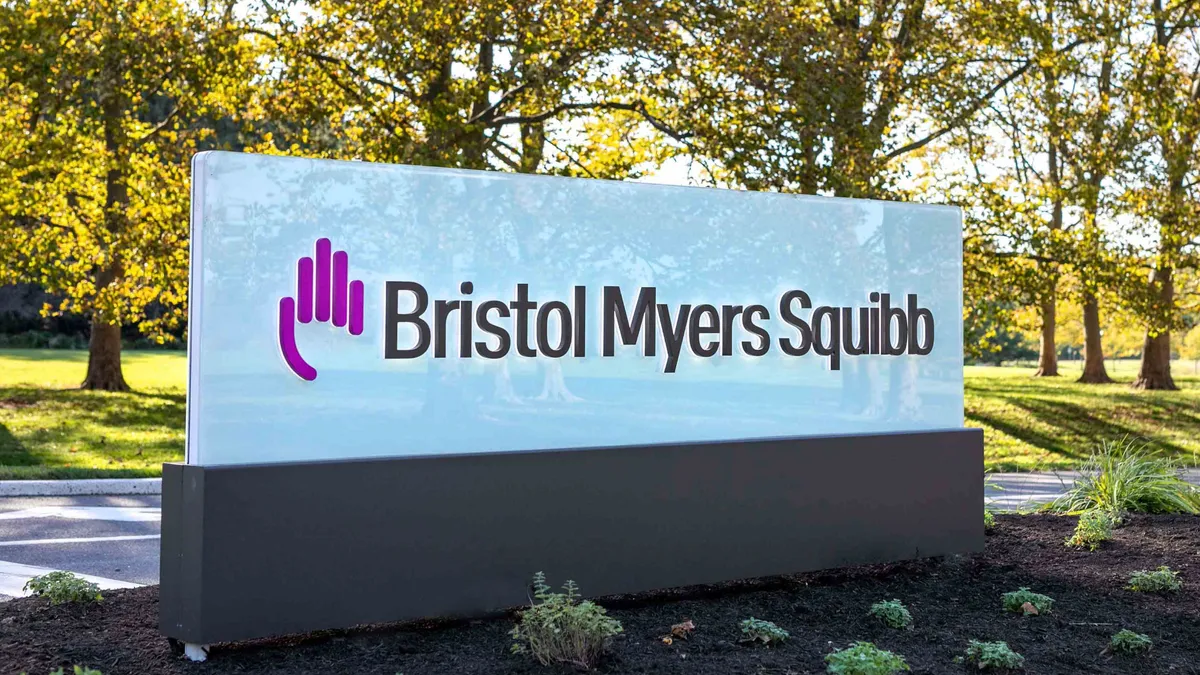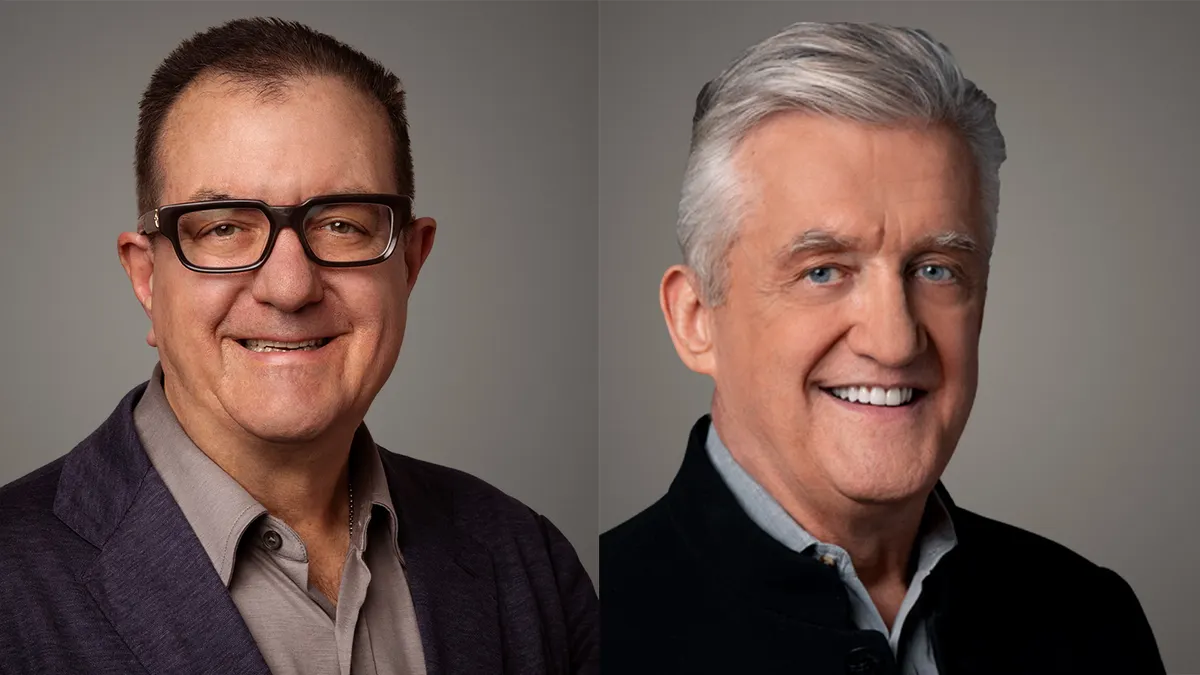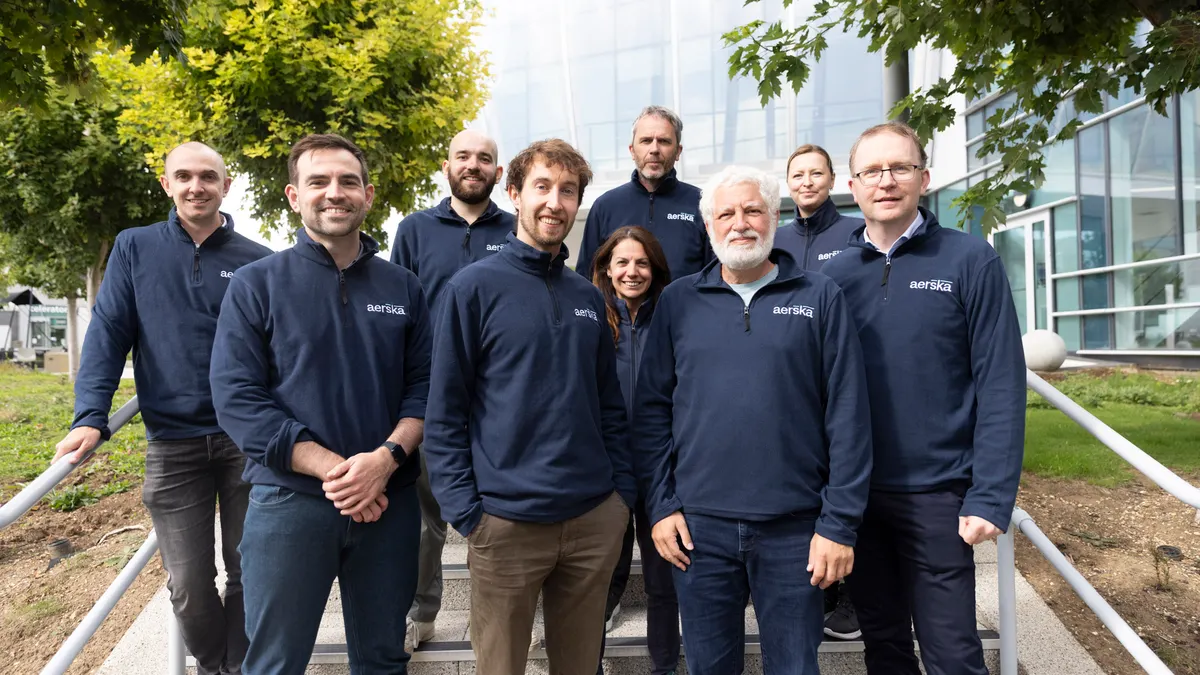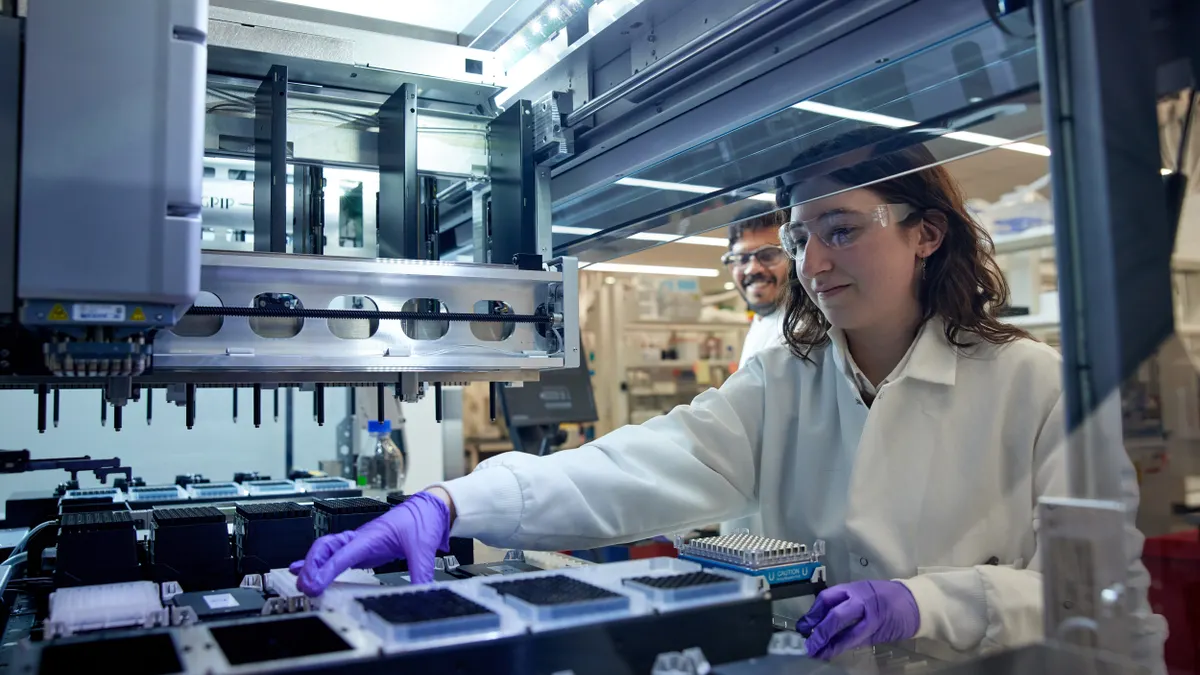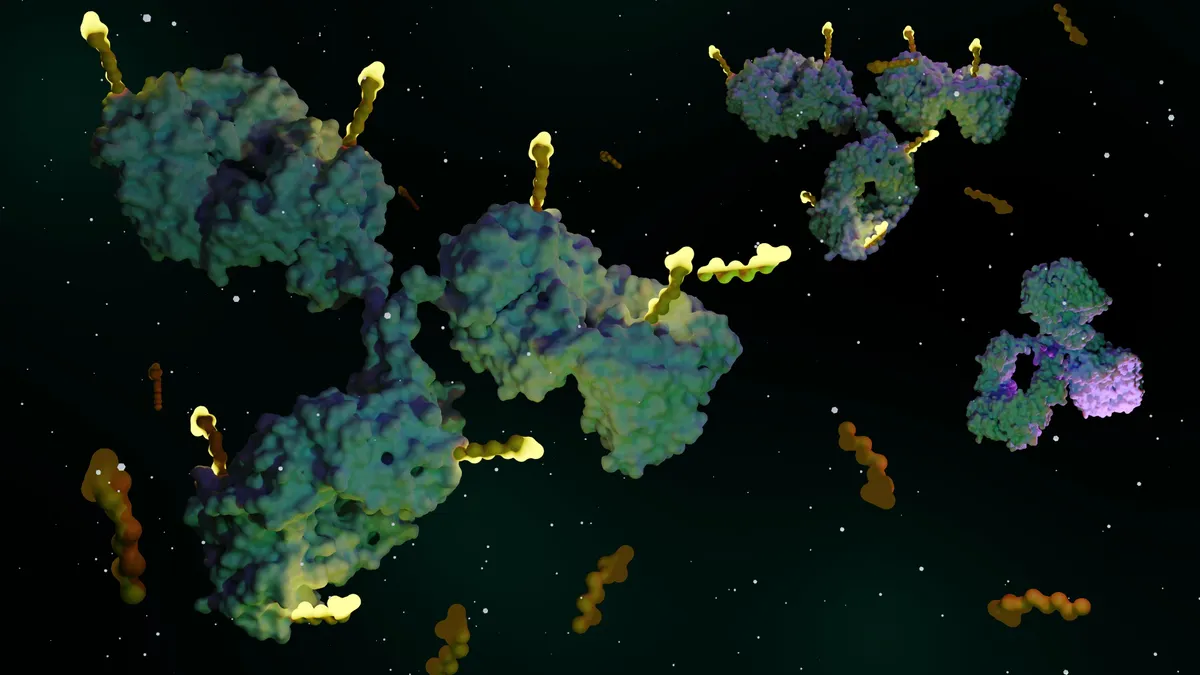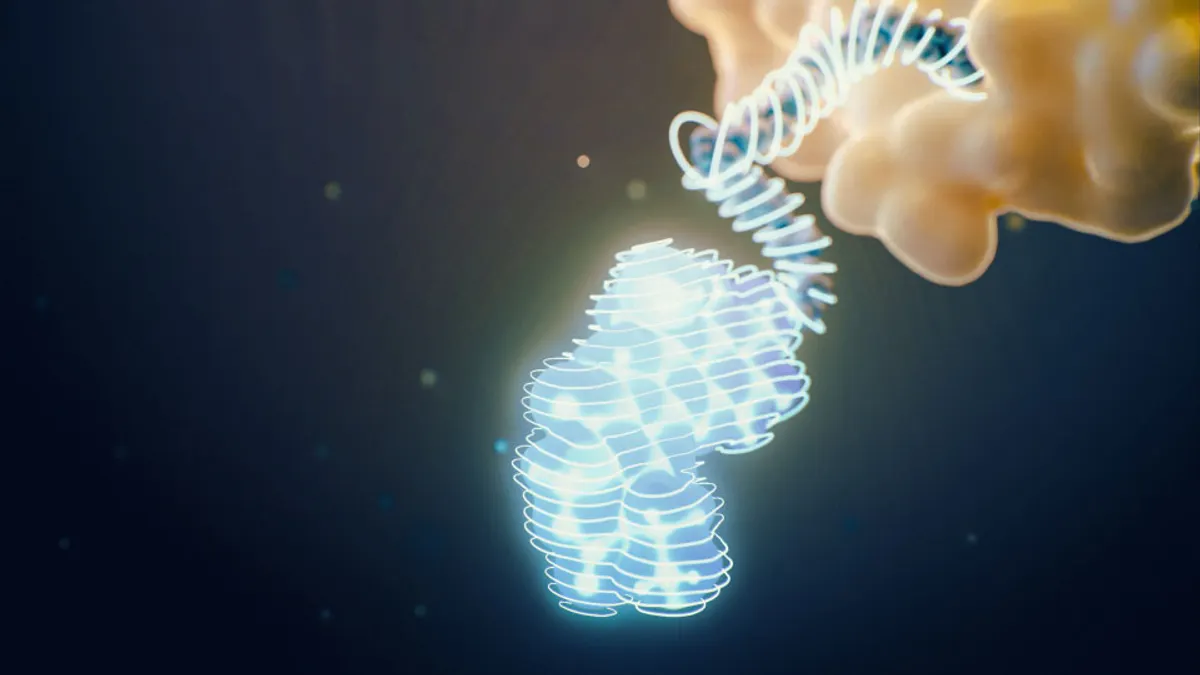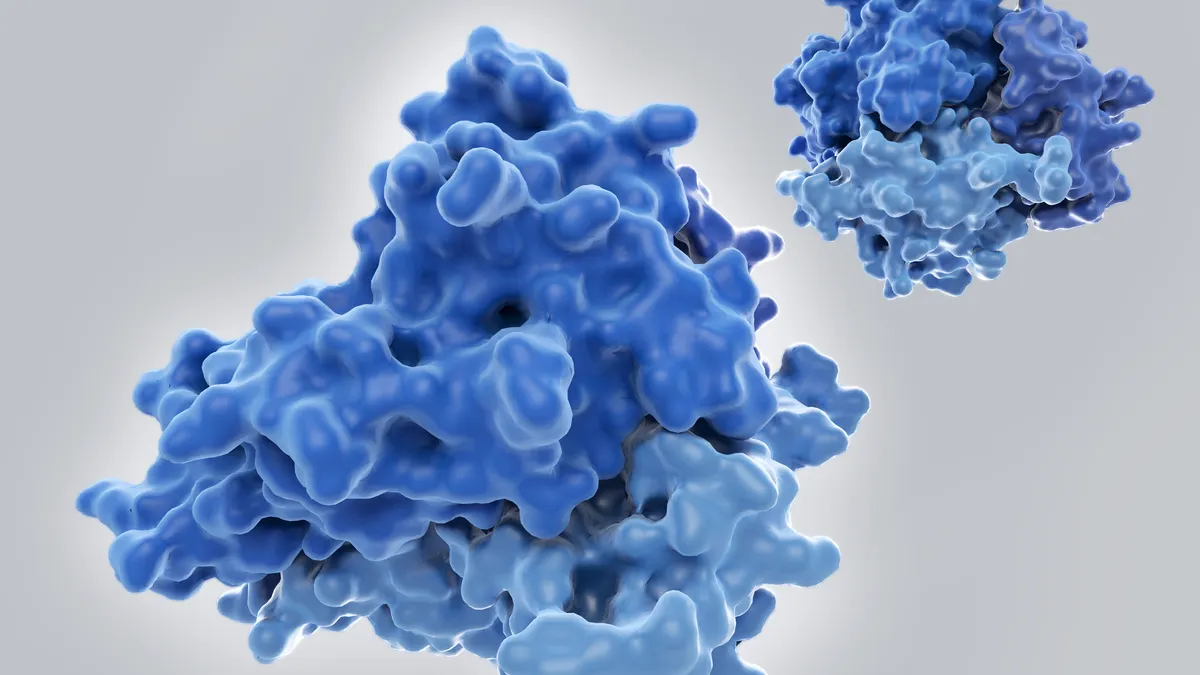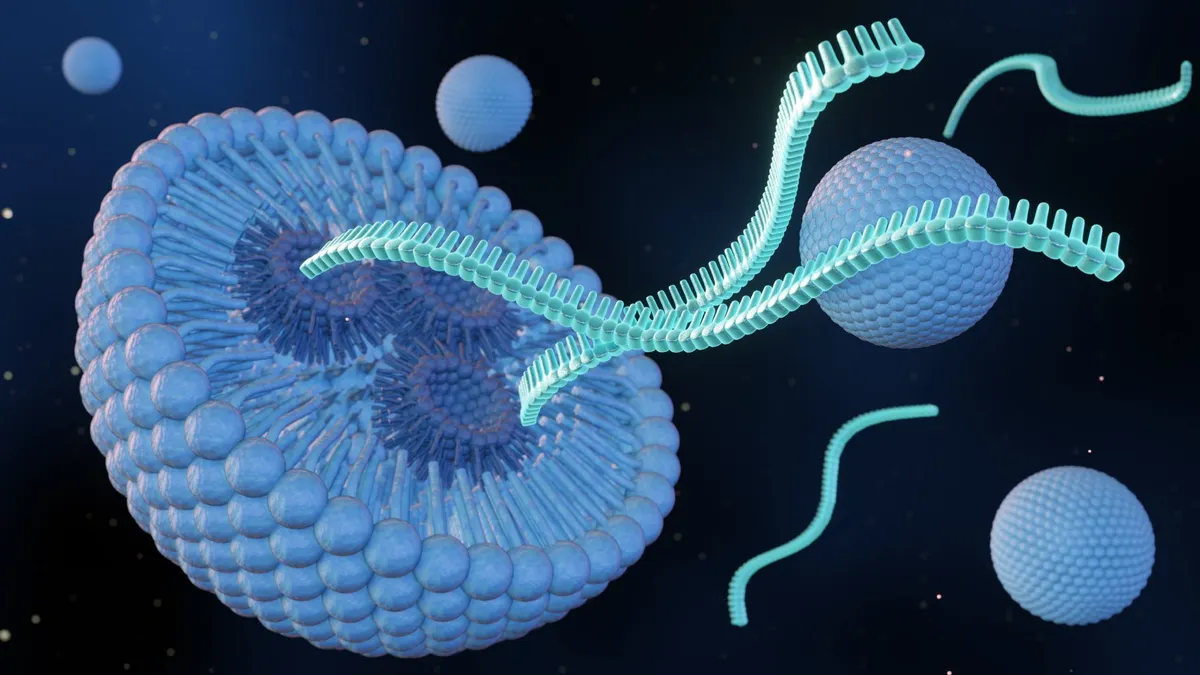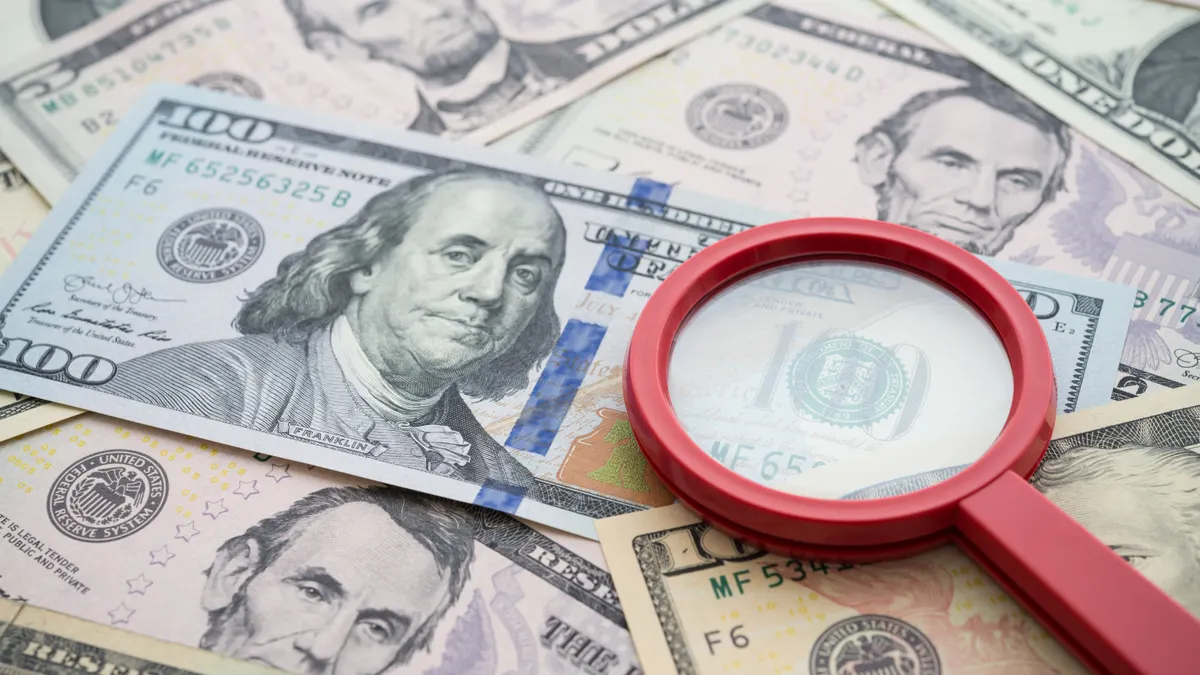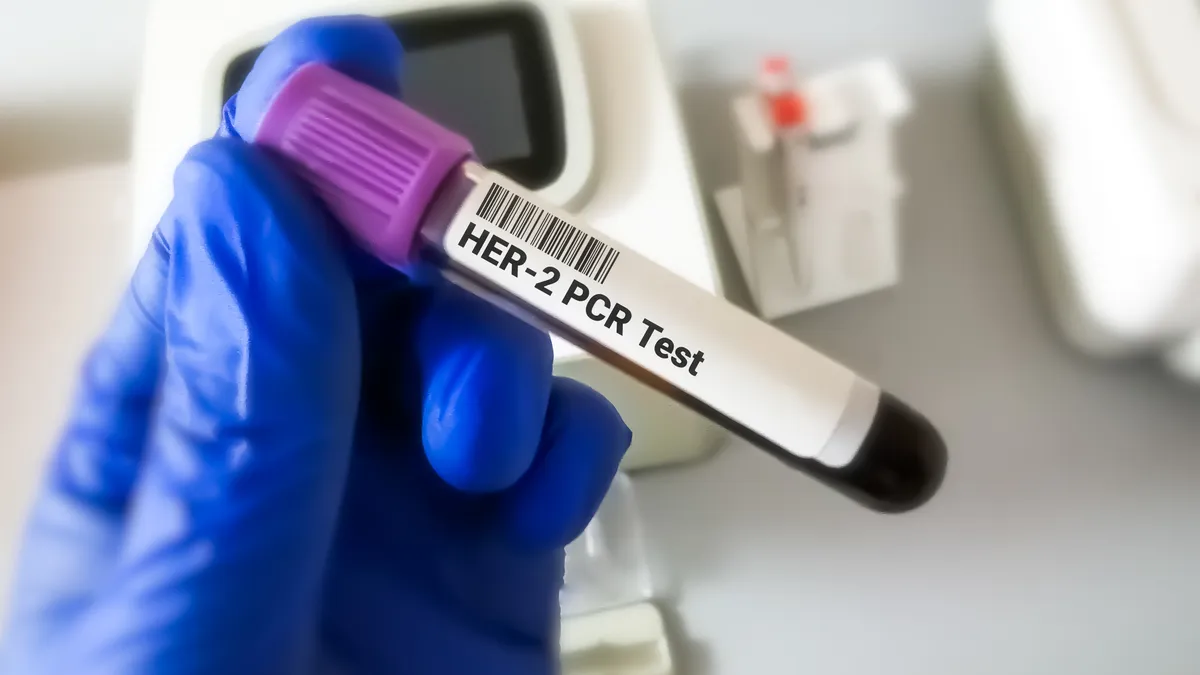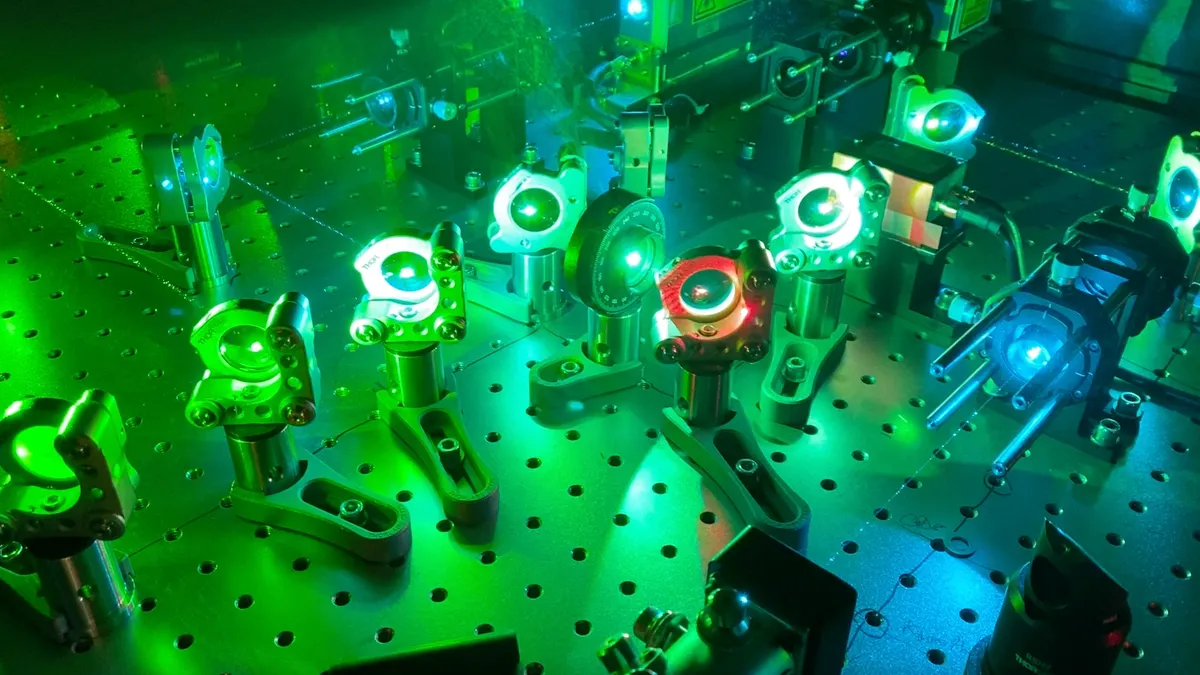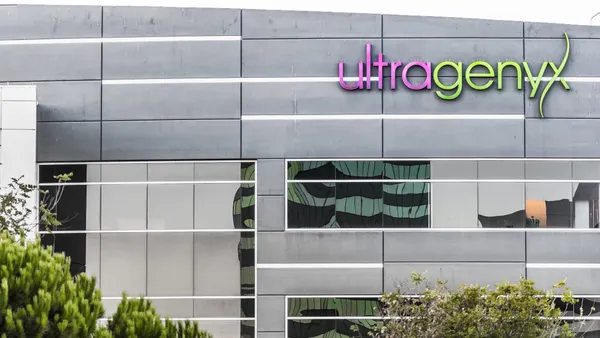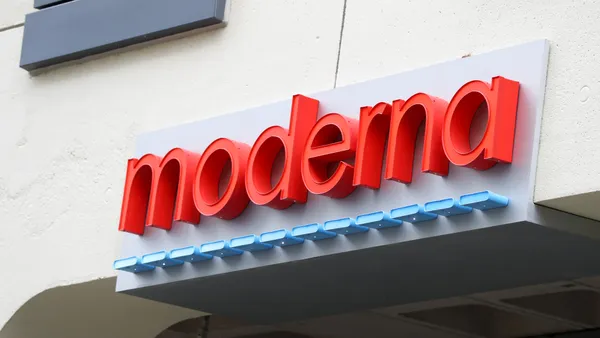Crystalys Therapeutics launched on Tuesday armed with $205 million in funding and partial rights to a gout treatment that’s already approved in multiple Asian countries.
The fledgling biotechnology firm, which is headquartered in San Diego, acquired U.S. and European rights to that drug, known as dotinurad, last year. It’s since raised the funding necessary to start global Phase 3 studies in patients who don’t respond initial therapies for the condition.

Some estimates hold that nearly 56 million people around the world have gout, a form of arthritis caused by the buildup of excess amounts of uric acid in the body. The condition most commonly affects the big toe joint and is characterized by disease flare-ups or “gout attacks,” sudden and severe episodes of joint pain.
For decades, the standard of care for patients has been a drug called allopurinol, which hinders production of uric acid. But behind that therapy the options are limited. One, febuxostat, is little used in the U.S. because of an association with a higher risk of heart problems. Another, Krystexxa, is used in people whose gout can’t be held in check by other medicines and one of the reasons Amgen agreed to acquire its previous owner, Horizon Therapeutics, in 2022. The drug generated $1.2 billion in sales last year.
James Mackay, Crystalys’ cofounder and CEO, claims that there’s room for improvement. While Krystexxa is effective, use is still limited by its high cost and the need for twice-weekly infusions. And still about half of the patients who take allopurinol have uncontrolled disease. “The second-line treatment space is empty,” he said.
Mackay has, for years, tried to fill that treatment gap. While at Ardea Biosciences and later its acquirer, AstraZeneca, he was part of the team that launched Zurampic, which the Food and Drug Administration approved in 2015. But that therapy was also linked to kidney damage and withdrawn from the market four years later. He’s since wanted to find a more potent and safer version of Zurampic.
According to Mackay, that molecule is dotinurad, which, like Zurampic, blocks a key transporter protein that regulates urid acid levels. The drug was discovered by a small Japanese drugmaker called Fuji Yakuhin and approved in the country in 2020. Eisai acquired the rights to development and commercialization in China, then brought it to market there late last year. It’s cleared for use in the Philippines and Thailand, too.
Mackay notes that dotinurad binds more specifically to that transporter protein than Zurampic did. It also helps flush out uric acid more slowly, which should help protect the kidneys. Crystalys acquired partial rights to dotinurad from a subsidiary of Fortress Bio last July. It then “persuaded” the FDA to go straight into global Phase 3 testing based on the trial data generated in Asia, Mackay said.
“The label in Japan really has not changed in the five years it has been on the market, and that's actually very reassuring from a safety perspective,” he added.
Crystalys began fundraising in January and, since then, has amassed an investor syndicate of more than a dozen firms, including co-leaders Novo Holdings, SR One and Catalys Pacific. Novo Holdings also previously invested in Aristea Therapeutics, another startup Mackay founded.
The company is one of a handful of biotechs working on new gout treatments. Another San Diego biotech, Arthrosi Therapeutics, has one in Phase 3 testing.
“We feel that the unmet medical need is so large here that even if multiple of these drugs were approved, there's certainly room for this, and patients need other treatment options,” Mackay said.









